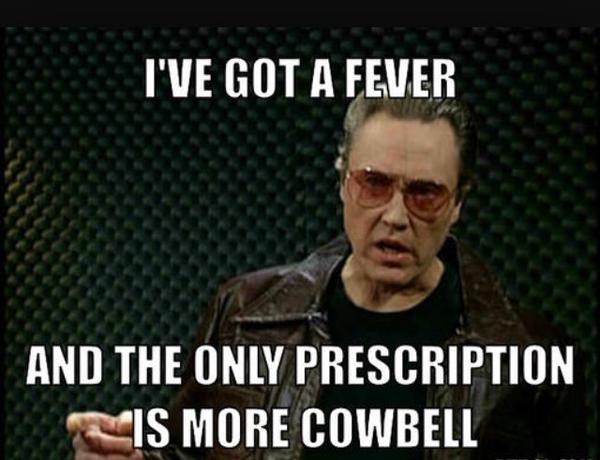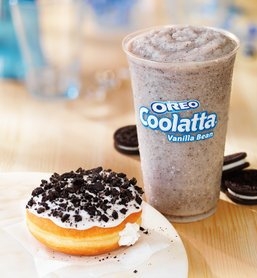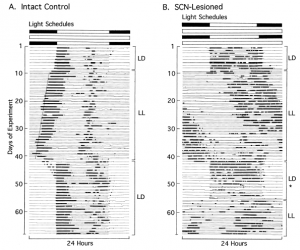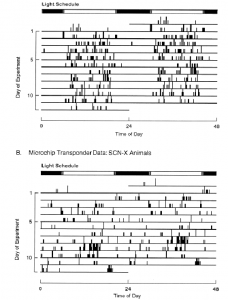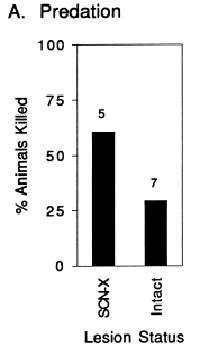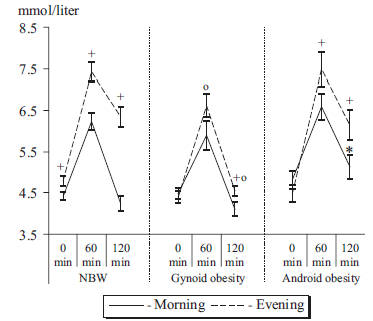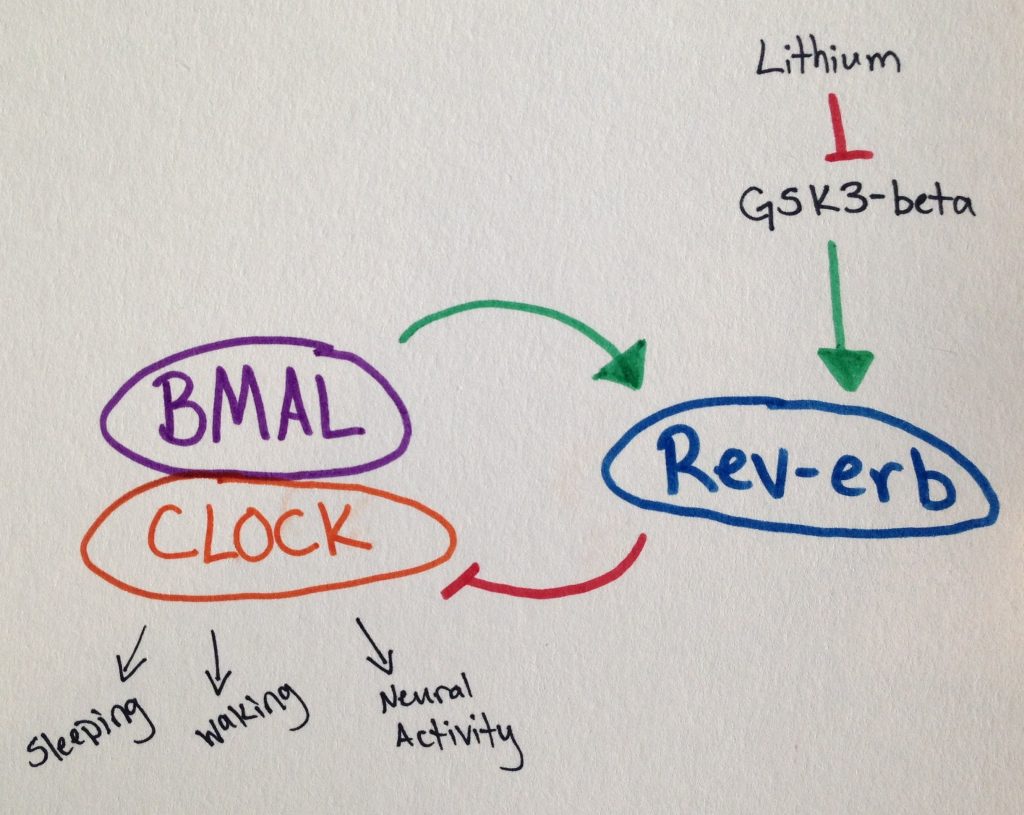:::begin rant:::
Trigger warning? Maybe.
Disclaimer: I’m pro-LC (P<0.05), but not anti-LF because LF works better than LC for some people. And with the exception of things like keto for neurological issues, I think macros take a back seat to many other factors.
Myths: carbs cause insulin resistance (IR), diabetes, and metabolic syndrome. Carbs are intrinsically pathogenic. If a healthy person eats carbs, eventually they’ll get sick.
And the only prescription is more keto.
And of course all of this could’ve been prevented if they keto’d from the get-go.
Proponents of these myths are referring to regular food carbs, not limited to things like Oreo Coolattas (which would be more acceptable, imo). Taubes, Lustig, Attia, and many others have backed away from their anti-carb positions, yet the new brigade proceeds and has even upped the ante to include starvation. Because “LC = effortless fasting?”
Does this sound sane?
“No carbs ever,
no food often…
otherwise diabetes.”
no one in their right mind would say lentils & beans cause diabetes

